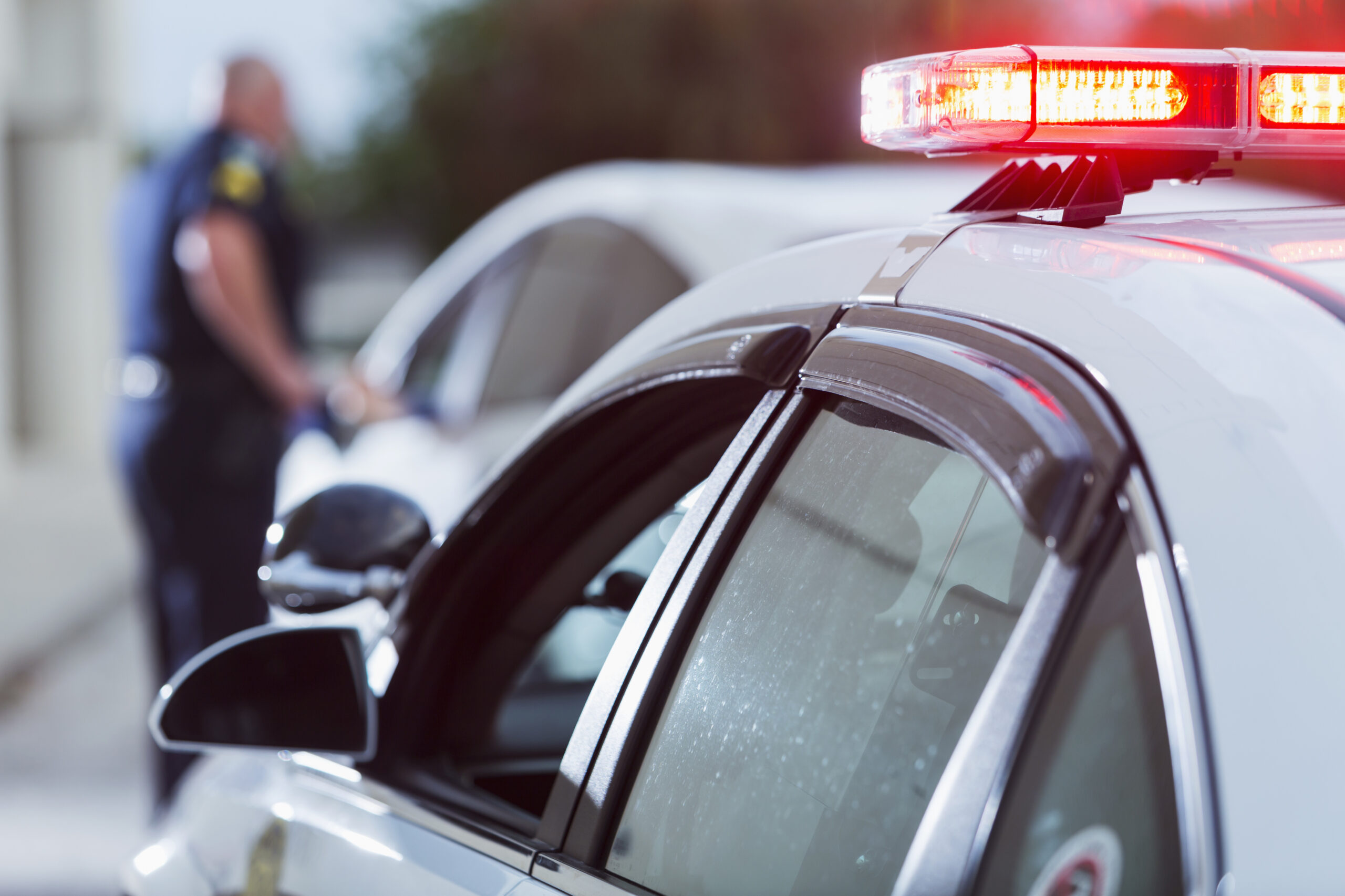Why Traffic Stops Cause More Harm than Good
07.19.18 By Innocence Staff
The Crime Report recently published an informative Q+A with Professor Frank Baumgartner about his new book, Suspect Citizens: What 20 Million Traffic Stops Tell Us About Policing and Race, which he co-authored with Professor Derek Epp and fellow researcher Kelsey Shoub. In their book, Baumgartner and his co-authors highlight the racial disparities evident in their analysis of traffic stop data from North Carolina. More generally, they address the question: do traffic stops actually prevent crime?
Baumgartner and his colleagues were able to gather and analyze the data because of a law passed in North Carolina 20 years ago that mandates the collection of traffic stop data. The law, Baumgartner explains, was passed in reaction to allegations in the state general assembly that police were pulling over drivers based on race.
Related: Records Suggest Biscayne Park Police Officers Framed Black People to Clear Cases
The law also requires a state entity to evaluate and to report on the data. Despite this, no such report has ever been completed. In fact, the data had not been analyzed until it was in the hands of Baumgartner and his colleagues. Upon examining the data, the general assembly’s suspicions from 20 years ago were confirmed: a two-to-one increased likelihood of being pulled over if you are a person of color.
Baumgartner assumes the state never issued a report because discussing racial bias in policing would’ve been a “tough conversation” to have with police agencies. But this lack of follow-up and the knowledge that racial profiling has been, and still is, a rampant occurrence, became the impetus for Baumgartner’s research.
We have to validate the fact that black and brown Americans are subjected to a quite different style of policing than white middle-class Americans.
“Even though it’s uncomfortable,” Baumgartner tells the Crime Report, “We have to validate the fact that black and brown Americans are subjected to a quite different style of policing than white middle-class Americans. And if white middle-class Americans don’t understand that, then there’s a terrible empathy gap for the realities of people on the ground who are black and Hispanic. We have to understand how policing works in all of our communities.”
Baumgartner theorizes that racial profiling is a byproduct of the shift in policing that occurred in the 1960s and 1970s. Policing, he argues, went from being reactive—“finding out that there had been a crime and then trying to hunt down the bad guy, solve the crime, and bring the perpetrator to justice”—to more proactive—“[solving] the crimes before they happen by interrupting people who look like they might be up to no good.”
“We developed a whole method and ideology in the profession of policing around an idea that they could keep us safe by interrupting criminal activity before it even happened,” Baumgartner explains.
In 1996, the Supreme Court legitimized the idea of proactive policing in the context of traffic stops: if you’re breaking the law while driving—i.e., having tinted windows, speeding, crossing a double yellow line—you’re subject to investigation. Basically, if you’re driving a car, the police can pull you over, start a conversation and search you if they deem necessary—all within the confines of the law.
The police said everybody has to pay a small price so we can all be safe, and the Supreme Court said that since it’s only a momentary inconvenience, it’s a reasonable price to pay.
“The police said everybody has to pay a small price so we can all be safe, and the Supreme Court said that since it’s only a momentary inconvenience, it’s a reasonable price to pay,” says Baumgartner.
For those who are white and middle class, traffic stops likely happen fairly infrequently. However, for a man of color who “happens to fit a certain demographic profile that police associate with crime,” police stops may be a frequent occurrence.
If racial profiling is justified by the Supreme Court, how can it be prevented? Baumgartner and his colleagues propose that traffic police should focus on traffic safety as opposed to stopping drivers based on vehicle code or equipment failure.
Related: New York Times Op-Ed Urges Readers to Recognize Stephon Clark’s Death as a State-Sanctioned Tragedy
According to Baumgartner, “The problem with these equipment failure stops is that they bring poor people into contact with the police more commonly than wealthy or middle-class people. Middle-class people are less likely to have expired tags or bald tires because money is not a barrier to getting their inspection sticker. But poor people might be in that situation on a much more routine basis because they just can’t afford to get their tires replaced. Now that’s fair when a vehicle becomes dangerous to drive, but many of them are pretexts to pull a person over and see if they’re carrying drugs.”
Baumgartner and his colleagues conclude that police don’t usually find contraband even when there’s a probable cause search. If they do find something, it’s usually such a small amount that the person would not be arrested.
What, then, is the public safety benefit of the millions of traffic stops that occur throughout the country? As we’ve seen in the cases of Philando Castle, Terence Crutcher and Walter Scott, traffic stops often cause much more harm than good. Suspect Citizens reminds readers that innocent people of color are subject to unjust and unnecessary traffic stops far too often.

Leave a Reply
Thank you for visiting us. You can learn more about how we consider cases here. Please avoid sharing any personal information in the comments below and join us in making this a hate-speech free and safe space for everyone.